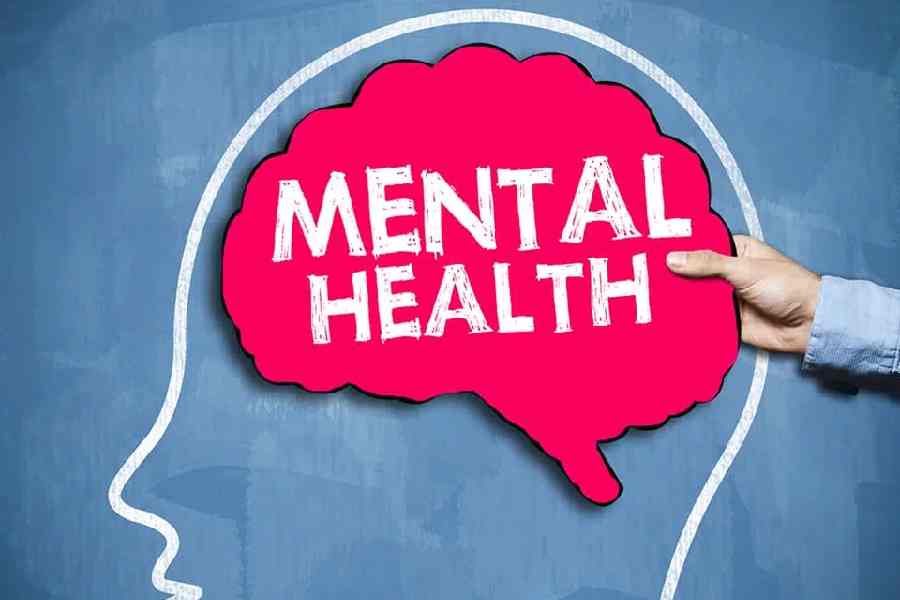Nearly a third of young people in Singapore have reported experiencing severe or very severe symptoms of depression, anxiety or stress, according to a nationwide survey on youth mental health released on Thursday.
Young people were more likely to report having symptoms if they had experienced cyber-bullying, had moderate to severe concerns about their body shape or spent more than three hours daily on social media, according to the National Youth Mental Health Study done by the Institute of Mental Health (IMH).
"About one in three young people (30.6 per cent) aged between 15 and 35 years in Singapore reported experiencing severe or extremely severe symptoms of depression, anxiety and/or stress," a press release by the IMH said.
The nationwide epidemiological study established the prevalence of severe symptoms of depression, anxiety and stress, along with their associated factors, including cyber-bullying, body shape concerns and excessive social media use, as well as the treatment gap and sources of support among young people here, it said.
The study was initiated in 2022 to assess the state of mental health among the Singapore resident population aged 15 – 35 years, it said.
It was conducted in collaboration with the Ministry of Health (MOH), the Centre of Excellence for Youth Mental Health and the National University of Singapore Saw Swee Hock School of Public Health.
“Navigating the complexities of youth is challenging enough, but young people today are grappling with unique issues that previous generations did not,” said Associate Professor Swapna Verma, the study's co-principal investigator, who chairs the IMH's medical board.
“For instance, social media exposes them to constant comparisons, intensifying concerns about body image,” Verma said.
“The anonymity of the online world has also given rise to cyber-bullying, which adds a new dimension of harassment that can be relentless and far-reaching,” Verma added.
The one-third figure is similar to the findings of other research studies based on self-reporting, said the Health, Education, and Social and Family Development ministries in a joint release on Thursday, The Straits Times newspaper reported.
In the multi-ministry release, the government said that findings from the study affirm the whole-of-government and whole-of-society approach to tackling youth mental health issues in the National Mental Health and Well-Being Strategy launched by the government in October last year.
Except for the headline, this story has not been edited by The Telegraph Online staff and has been published from a syndicated feed.










